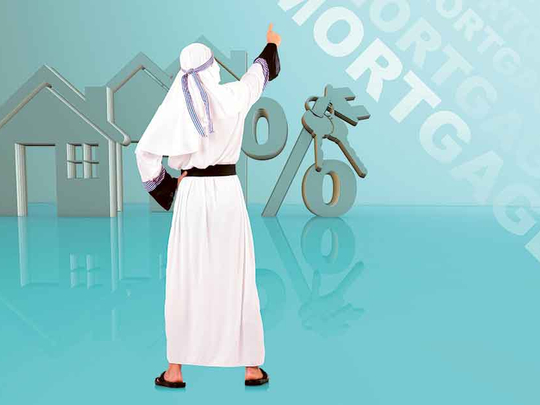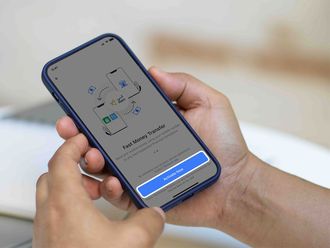
Young couple Jawad and Amal are planning to purchase a home in Dubai this year. Being devout Muslims, they wish to finance their property in accordance with the principles of their faith. Having taken conventional mortgage offers from banks on board, they wonder if it is possible to finance the new home while following the principles of Islam, which forbids them from giving or receiving riba, or interest, during a transaction. Islamic home finance endeavours to tap clients such as Jawad and Amal.
Islamic home finance offers some distinctive advantages over conventional home financing solutions — thanks to its strong asset-based structure — which especially holds true this year with interest rates in the US and dollar-pegged economies set to rise.
The Head of Islamic Banking at United Arab Bank, Essam Ahmed Ba-Otob explains how Islamic home financing compares to conventional financing options.
“With conventional home mortgages, the home loan is linked to a tangible asset, in which case such loans are perfectly matching with Islamic home finance facilities such as ijarah [lease],” he says. “Islamic documentation clearly indicates the roles, responsibilities and ownership of each party involved in the financed property during the finance period.”
Islamic home financing mainly uses leasing structures or lease and purchase agreements under clearly set conditions.
In many cases, Islamic home finance is based on ijarah and involves the sale of usufruct of an asset, but not the asset itself. Homebuyers enter into a contract that allows them to use a property for recurring payments to the lessor. For ready properties it is a normal lease that ends in transfer of ownership, and for off-plan properties it is a forward lease that also ends in ownership transfer when the underlying amount is repaid. The concept makes Islamic home finance popular.
“Statistics show that around 48 per cent of home loans in the UAE are now financed under the Islamic concept of ijarah,” says Ba-Otob.
Islamic home finance can also be particularly beneficial for those who bought off-plan property and were faced with construction delays, since the profit rates they pay after years of delay are still the ones agreed upon while signing the contract. But the most significant difference to conventional home financing is that the financing contract is not a loan contract, but an equity partnership contract related to a tangible asset, the home.
“This is the reason these types of home purchases work so well with Islamic financing,” says Ashar Nazim, Partner at Bahrain-based Global Islamic Banking Centre of consultancy EY.
Islamic home finance is also a structure that promotes profit and risk sharing as an Islamic finance principle, he adds, making it ideal for Muslims and, increasingly, non-Muslims to fulfil their dream of home ownership without being exposed to a volatile market environment.












